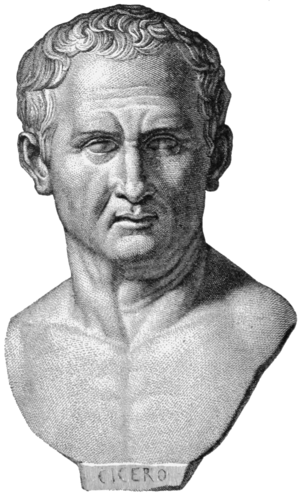America, Rome and the Moral Imagination
In reading Russell Kirk’s The Roots of American Order chapter 4, I was reminded once again of the role of the moral imagination in history. It was the rhetoricians, historians, and poets of ancient Rome who inspired the American founders to model their government in such a way as to protect truth. Most of the founders would have read at least Volume 1 of Edward Gibbons’ The Decline and Fall of the Roman Empire which “worked strongly upon the imagination of the men who founded the United States.”
But many of the founders were also familiar with Latin writers and thinkers.
“This Roman concept of law and obligation, as variously expressed by Polybius and Livy and Virgil and Cicero and the Stoics, passed into American political thought and jurisprudence, and is permanently embedded in the American Constitution.”
No definition of Classical education is complete without the old Latin word ‘virtue.’ This word is at the heart of the founding of America. Kirk says that virtue means ‘energetic manliness.’ This energetic manliness is a concept we can use to inspire our sons to virtue. After all the goal of classical education for our boys should not be to produce elite, effete aesthetes.
Perhaps the greatest contributor to the moral imagination of the founders was Cicero. “His writings were woven into the schooling Americans has received: the study of Cicero lay at the heart of the curriculum both in Britain and in America, all during the seventeenth and eighteenth centuries. The Rhetoric they learned was Ciceronian, and the spaciousness of their own political oratory was modeled upon Cicero.”
Besides Cicero there were the historian Livy, and the poets Virgil and Horace, “who eighteen centuries later would remain part of the heritage of all well-schooled Americans.”
Virgil not only worked as a preserver of virtue in Rome but also as an example to the American founders. Poets as divergent as Dante and T.S. Eliot found in Virgil inspiration for the moral imagination. Virgil’s Aeneas “was called always the ‘pious Aeneas,’ and the concept of piety lay at the heart of Roman culture.”
We all know what happened to Rome as she lost touch with her religious underpinnings and her moral imagination. Stoicism, while offering some answers to the problems Rome faced, was unable to inspire the moral imagination of the bored Romans.
“It has been called a dead world: a time in which the old Roman virtues had been lost by the mass of men, but in which the Christian virtues had not yet come to dominate. It was a world spiritually and intellectually bored. Mankind can endure anything but boredom.”
I cannot help but wonder if contemporary Christianity and Christian classical education have tried to fight the modern student’s ennui with increasing Stoicism rather than using our heritage of moral imagination to inspire truth, goodness and beauty or as Virgil put it labor, pietas and fatum.












